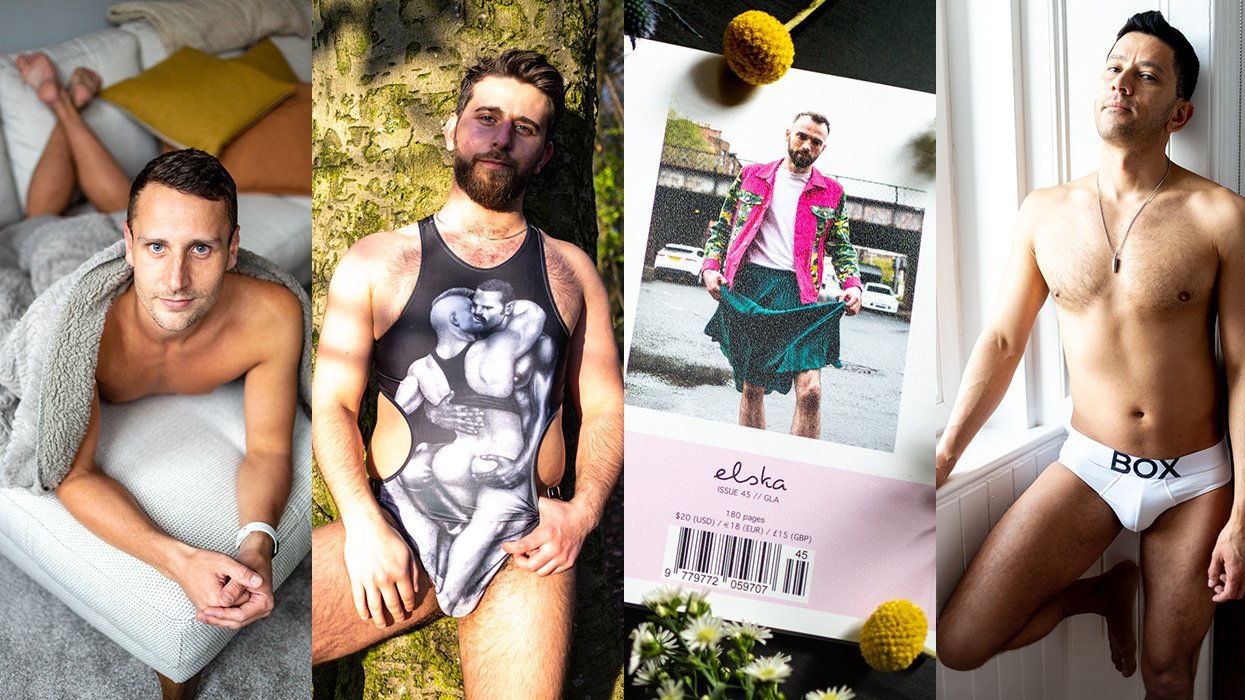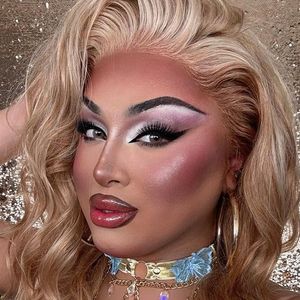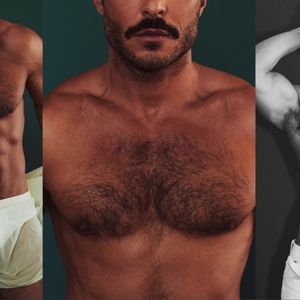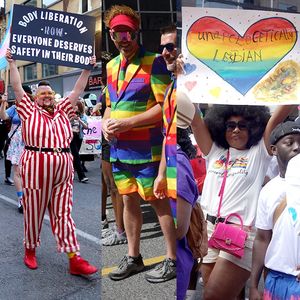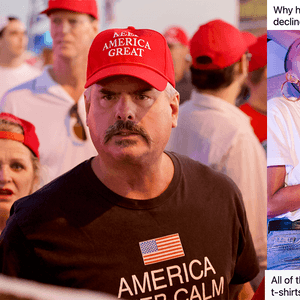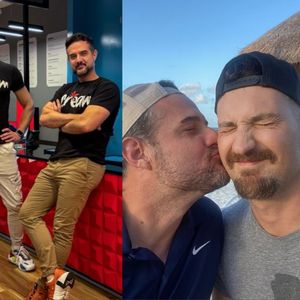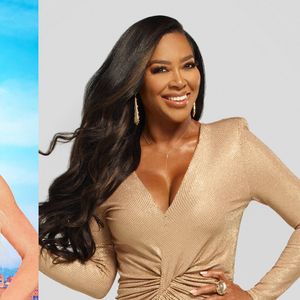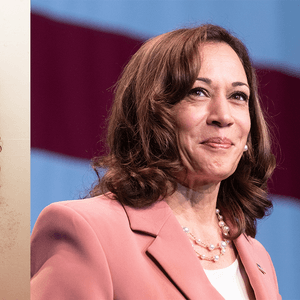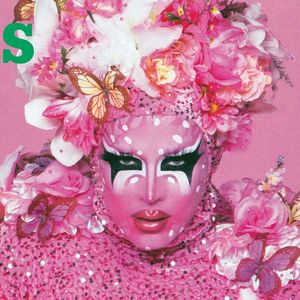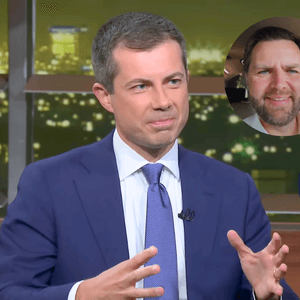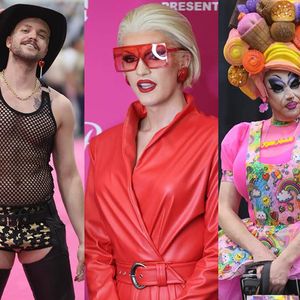Why are you the best person to lead GLAAD?
I have a history of being in leadership roles,
working through other people to really find great
success, whether that's building a lake in the
middle of the desert in Tempe for our downtown redevelopment
or convincing a fairly conservative group of council
members and a community that we should have
domestic-partner benefits for our city employees, that
we should protect transgender employees in our workforce
with a nondiscrimination policy, and that we should
take a stand for full equality when it comes to
marriage. The quote that I live by is, "Your
challenges will equal the greatness you desire." I
think our community has great challenges.
Why did you want this job?
I got more interested and excited with the
opportunity to play a leadership role like I had when
I was an elected official. And these are issues that I
have a clear passion about. As a mayor, sometimes you have
to pretend that you are excited about the asphalt treatment
on your street or the rotation of the recycling
pickup--that's your job. [The position at
GLAAD] is a role where I have such a passion for us
advancing that I don't think it will feel like
work. To me, the measure of a great place,
professionally, is that it doesn't feel like work.
What is the most pressing job for you to do immediately?
Reach out to the GLAAD family as the new leader
of the organization and get to know them.
That's important. I'm leading a large national
organization that has constituents across the country. Any
time there's a change in leadership, there are
a lot of questions. That's why I'm going
on the road. In this first 120 days I'm getting to
know the organization on the ground level: how it
hums, how it operates.
We are hearing rumblings from some of GLAAD's
largest donors who say they do not want a
Republican without a national profile to run the
group. How do you respond?
First of all, GLAAD is not a partisan
organization. I was not elected to this job. Quite
frankly, I think that folks need to understand that if
we're going to be successful, we have to broaden the
base of our movement. We have to build coalitions with
groups and organizations that are not just like us.
That means that we're going to be reaching out. We
have to be inclusive and diverse. I understand there are
going to be some people who are apprehensive, but
I'll tell you this: I was elected mayor of a
city of about 170,000 people and did more for LGBT issues
and advancement than a whole lot of other mayors who
are not in the political party that I was registered
in.
I understand what
they're saying, but in the broad picture it's
irrelevant. I wasn't hired because of my political
party affiliation one way or another. My job as a
leader is to build coalitions--build bridges and
pull people together. I find it disappointing that this
vocal minority want to pull up the drawbridge before
you even get to it. That, quite frankly, is not the
way our movement will be successful.
Talk about your strategy when you have to go up against
the far right on some Fox talk show.
The strategy is to be honest, and to be honest
with the country with regard to the stories of LGBT
Americans. When people hear our honest stories, they
respond.











